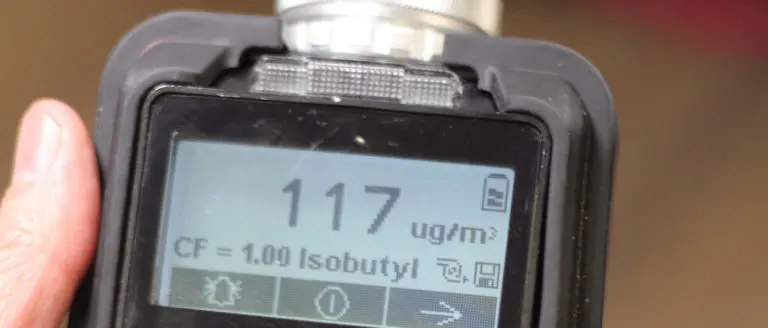River Sediment VOC Content Testing
Testing river sediment for volatile organic compounds (VOCs) is a critical process in environmental monitoring and management. This service aims to identify and quantify the presence of harmful or potentially hazardous organic chemicals that may be present in sediments from rivers, streams, and other water bodies.
The importance of this testing cannot be overstated as VOCs can have significant impacts on human health and the environment. They are widely used in various industries such as manufacturing, automotive, electronics, and construction, leading to their potential release into the environment through waste disposal or accidental spills. Sediments act as a repository for these compounds, making them key indicators of environmental contamination.
The testing process involves several steps, each designed to ensure accurate measurement and reporting of VOC content in sediments. Initially, samples are collected from predetermined locations along the riverbank using specialized equipment like coring devices or grab samplers. These samples are then transported back to our laboratory for preliminary examination before undergoing detailed analysis.
Once at our facility, the samples undergo rigorous preparation steps which include drying, crushing, and sieving to achieve a uniform particle size suitable for further processing. This ensures that all parts of the sediment sample contribute equally towards achieving accurate results.
The actual testing process utilizes advanced analytical techniques such as gas chromatography-mass spectrometry (GC-MS) or high-performance liquid chromatography (HPLC). These methods allow us to detect even trace amounts of VOCs within the sediment matrix. The choice between GC-MS and HPLC depends on factors like the nature of the compounds being detected, their volatility, polarity, etc.
After analysis is complete, our team generates comprehensive reports detailing all findings along with recommendations for corrective actions if necessary. Our goal is not only to provide accurate data but also offer insights that can aid in decision-making processes related to remediation efforts or policy formulation.
To ensure reliability and accuracy of the results, we adhere strictly to international standards such as ISO 17025 and EN 13485. These certifications guarantee our laboratory meets stringent quality control requirements ensuring consistency across all services offered here.
Industry Applications
- Municipal water supply management
- River basin protection initiatives
- Sewage treatment facility performance evaluation
- Industrial discharge monitoring and control programs
- Environmental impact assessments for construction projects near aquatic ecosystems
Environmental and Sustainability Contributions
By offering precise VOC content testing services, we contribute significantly to environmental protection efforts by helping identify sources of pollution early on. This information is invaluable in designing effective remediation strategies aimed at restoring affected areas to their natural state.
Our commitment extends beyond mere compliance; we strive towards sustainability through efficient use of resources and energy conservation practices within our operations. Additionally, by providing reliable data about river sediment conditions, we assist stakeholders in making informed decisions that promote long-term ecological balance.
Competitive Advantage and Market Impact
In today’s competitive market, being able to offer accurate, reliable VOC content testing for river sediments sets us apart from competitors. This service not only helps maintain regulatory compliance but also enhances reputation through proactive environmental stewardship.
The ability to provide tailored reports that address unique client needs gives us an edge in winning contracts related to water quality assurance and ecological restoration projects. By staying abreast of technological advancements and best practices, we continue to refine our methodologies ensuring top-tier service delivery.





